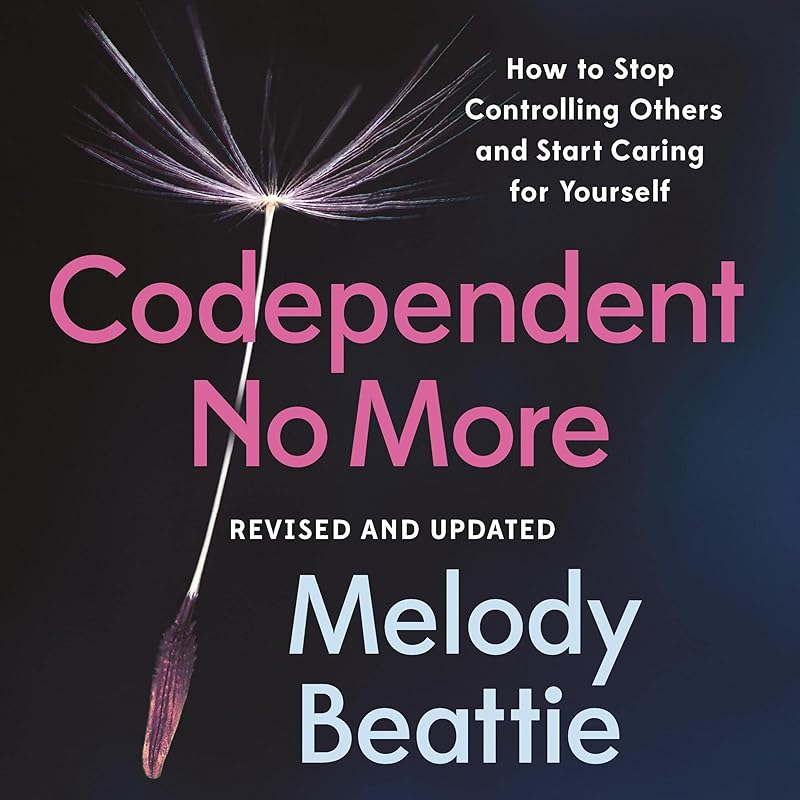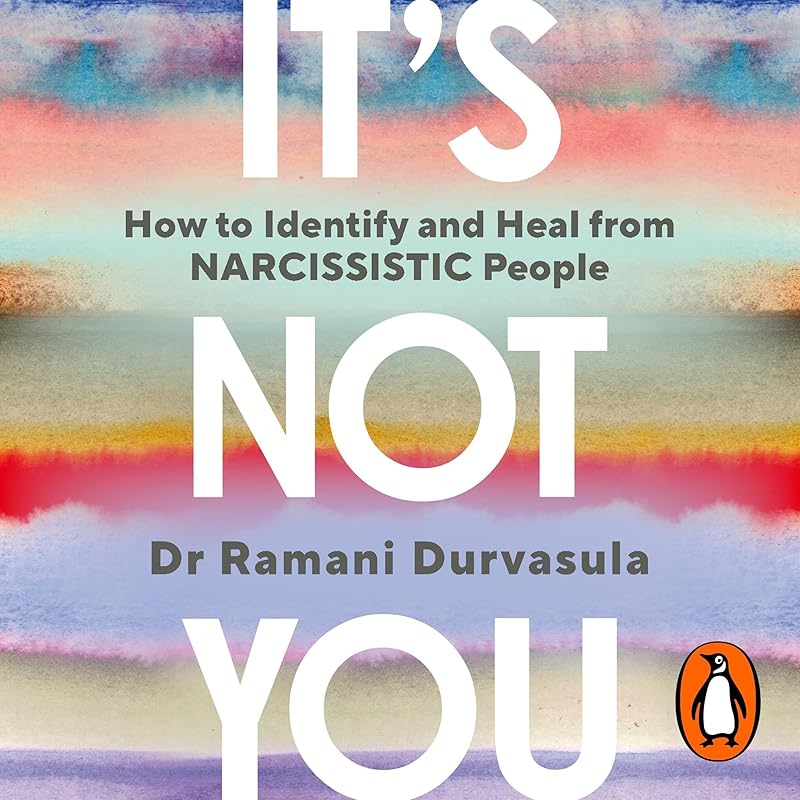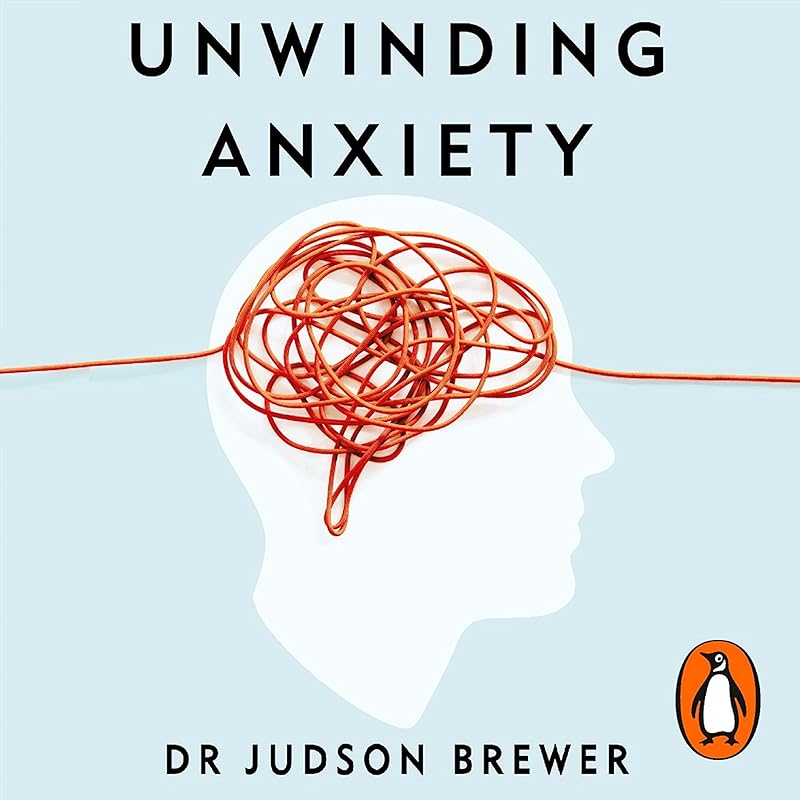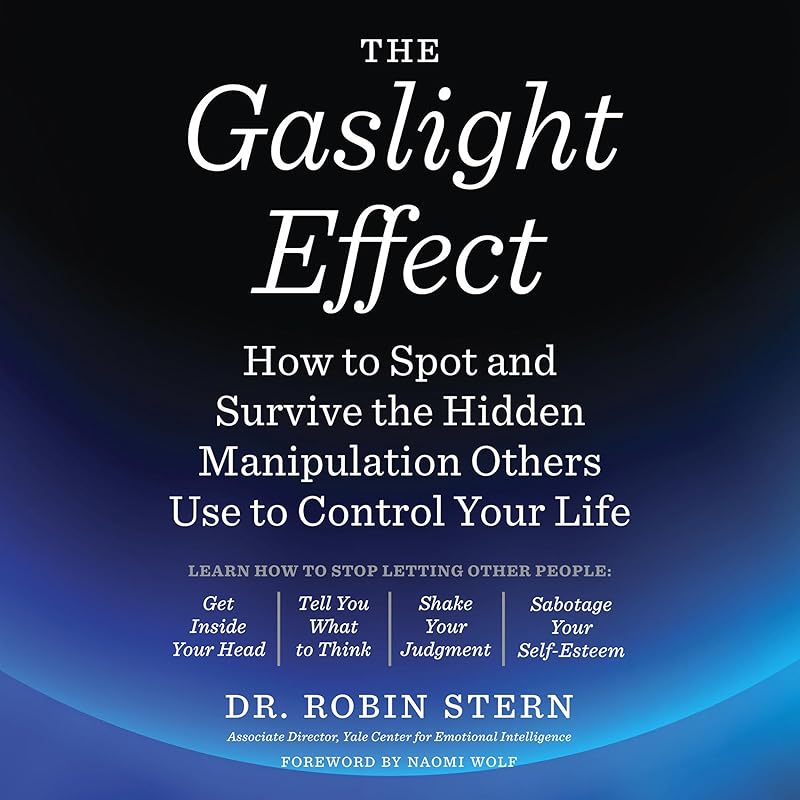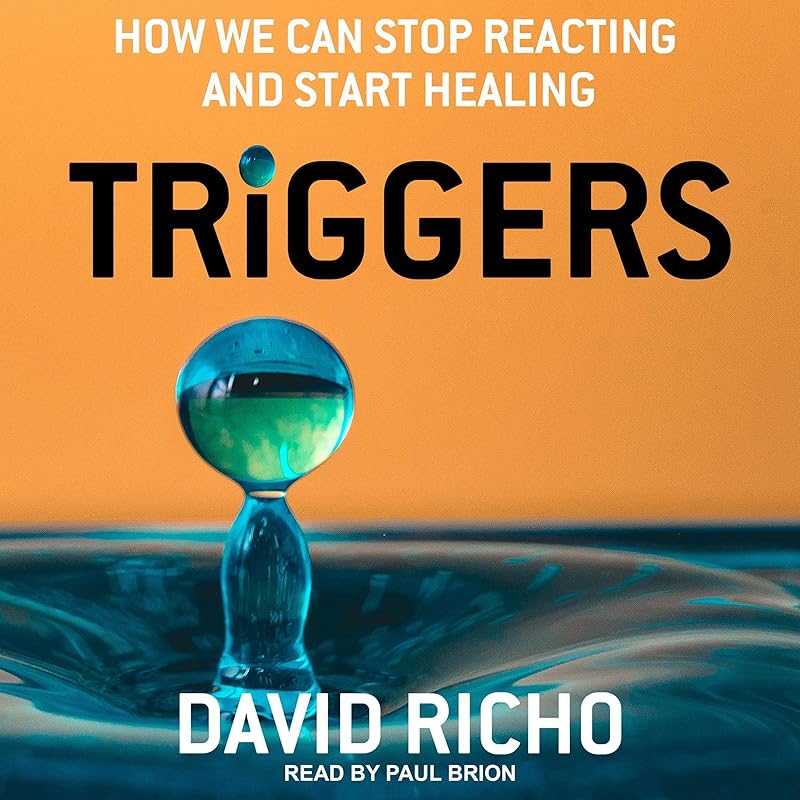Developing the right vocabulary can be a lifeline to someone who is struggling to name their experiences, identify toxic patterns, or see a positive way forward. Naming emotions and patterns of behavior are some of the foundational tools trained therapists and counselors use to help their clients navigate the healing process. But when used inappropriately, “therapy speak” can have a negative effect on communication and well-being.
Appropriation, misapplication, and even weaponization of terms is a growing issue, especially on social media, where people have widely thrown around phrases to describe a bad day, a minor interpersonal disagreement, or, at its worst, to deflect from accountability and project onto victims as a manipulation tactic. The misuse comes at a steep cost: devaluing the impact of the terms for those who stand to benefit from them, hindering communication and meaningful conflict-resolution in interpersonal relationships, and even creating psychological damage to already vulnerable recipients.
That’s why I’ve pulled together this list of “therapy speak” terms, their definitions, and recommended listens by leading professionals to dive even deeper into each topic. I hope this guide serves as a steppingstone for listeners to identify their wellness needs and foster more effective interpersonal communication.
1. Trauma
What it is: A psychological and emotional response to a deeply disturbing or distressing event that overwhelms an individual's ability to cope. Traumatic experiences can lead to long-lasting adverse effects on mental, physical, emotional, and behavioral well-being.
What it isn’t: A minor inconvenience, disappointment, or temporary discomfort.
Related terms: Distress, anguish, or adversity.
Recommended listen: The Body Keeps the Score. Dr. Bessel van der Kolk is a pioneering psychologist who specializes in trauma therapy. In this seminal work, Dr. Kolk explores the physical and mental effects of trauma, and offers several paths forward to treating the symptoms and causes of traumatic injury.
2. Codependency
What it is: An unhealthy, dysfunctional pattern of behavior in which an individual's sense of self-worth and identity becomes heavily reliant on their relationships with others, often resulting in sacrificing their own needs and boundaries.
What it isn’t: A close, supportive, and interdependent relationship built on mutual trust and respect.
Related terms: Enmeshment, emotional dependency, or lack of boundaries.
Recommended listening: Codependent No More. Melody Beattie coined the term “codependent” in her breakout guide to identifying and healing from enmeshed and toxic relationships. Nearly 40 years since its initial print run, Beattie’s book continues to be among the most trusted sources for helping individuals improve their self-confidence and break free from unhealthy bonds.
3. Narcissism
What it is: A personality disorder characterized by a pervasive pattern of grandiosity, a lack of empathy, and a strong sense of entitlement, often at the expense of others.
What it isn’t: Mere confidence, self-assurance, or occasional self-centeredness.
Related terms: Arrogance, selfishness, or a lack of empathy.
Recommended listening: It's Not You. Psychiatrist Dr. Ramani Durvasula details the telltale signs that someone has Narcissistic Personality Disorder (NPD), and provides strategies for moving forward from narcissistic abuse. This quintessential listen focuses on healing from toxic relationships.
4. Anxiety
What it is: A persistent and excessive worry or fear about everyday situations, often accompanied by physical symptoms such as restlessness, fatigue, difficulty concentrating, irritability, and muscle tension.
What it isn’t: Temporary nervousness or apprehension in response to a specific situation.
Related terms: Apprehension, unease, or dread.
Recommended listening: Unwinding Anxiety. Mindfulness expert Dr. Judson Brewer draws on 20 years of research to provide brain-based strategies for handling anxiety in this program intended to help develop healthier coping mechanisms.
5. Gaslighting
What it is: A form of psychological manipulation in which an individual or group causes another person to question their own reality, memory, or perceptions through persistent denial, contradiction, and misinformation.
What it isn’t: A simple disagreement, misunderstanding, or difference of opinion.
Related terms: Manipulation, deception, or invalidation.
Recommended listening: The Gaslight Effect. Learn how to identify and avoid gaslighting with help from Yale Center for Emotional Intelligence’s founder Dr. Robin Stern in her comprehensive listen.
6. Boundaries
What it is: Healthy limits and rules that individuals set for themselves in relationships and interactions with others, protecting their emotional, physical, and mental well-being.
What it isn’t: Rigid barriers or a complete lack of flexibility in relationships.
Related terms: Limits, guidelines, or self-preservation.
Recommended listening: 30 Days to Better Boundaries. Therapist Nedra Glover Tawwab promises to help you improve your boundaries with a 30-day plan for improving your relationships, self-esteem, and lifestyle.
30 Days to Better Boundaries
By Nedra Glover Tawwab, 30-Day Guides to Improve Your Life
Narrated by Nedra Glover Tawwab
7. Triggers
What it is: A stimulus or event that prompts an intense emotional or physiological reaction, often related to past traumatic experiences or mental health conditions.
What it isn’t: A mere dislike or preference.
Related terms: Reactivity, emotional response, or flashback.
Recommended listening: Triggers. Psychotherapist David Richo explains what triggers are and how to rewire your brain to cope with them in this compassionate and supportive listen that unpacks the physical and psychological effects of emotional responses to stimuli.


